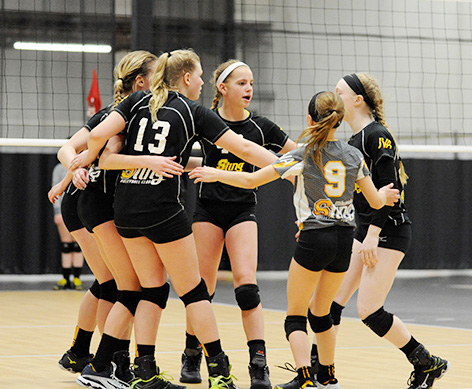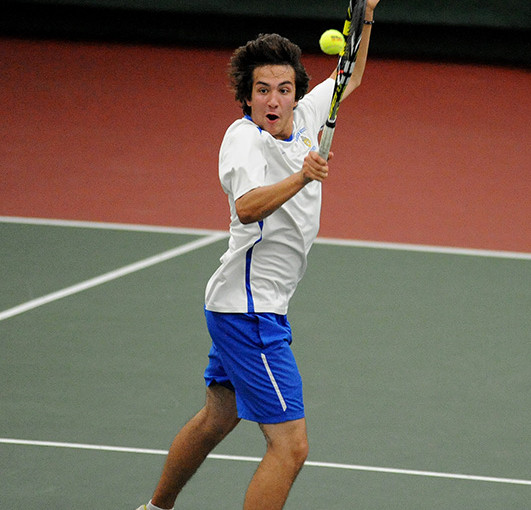3 strategies to build confidence in your athletes
It would be nice if we could hack into the brains of our athletes and instill confidence when it’s needed. But since we can’t, it’s our duty as coaches to do everything we can to encourage them and build that confidence over time.
Here are three tangible ideas coaches can use in order to create self-assured athletes.
1. Give players words and actions for when they fail.
For our athletes to truly believe in themselves, failure can’t sway their confidence. In my mind, there’s nothing more empowering than knowing why I did something wrong. If I know why I did it wrong, that means I know how to do it right. I can correct it.
I remember on my first interview to be a college coach, the athletic director asked, “What are your strengths and weaknesses?” I’ll never forget what I said: “I talk too much.”
It was true. While there’s something to be said for explaining the ins and outs of your sport, we’ve also got to train our athletes to respond to key corrective phrases — “Platform to target,” “eyes up,” “finish!” Those are all power phrases in volleyball to guide corrective behavior in game-like and stressful situations.
2. Give players opportunities to be successful.
This means practice, practice, practice. Obviously, opportunities for success are also opportunities for failure, but we’ve already talked about how to handle those situations. Too many times, our athletes are results-focused rather than process-focused. I’d rather my athletes perform an activity technically correct and fail than perform it poorly and “succeed.” It all comes down to defining what success means to you.
Success means being technically correct, success is repeatable, and it’s understandable. Success is perfecting the process and believing that the results will be positive. Do you see how that’s a different mindset than just trying to get it done, no matter what? Once our athletes understand this principle, their opportunities for success will skyrocket.
3. Give athletes the knowledge that’s in your head.
One of the things I say to my team a lot is that I’ve finished my playing career. I had my chance to be a collegiate athlete, and now it’s my turn to give them everything I’ve learned over the years. If the players are willing to put in the time, I am too.
There are some coaches who feel their status as coach comes from knowing some secret technique that others don’t. I disagree. I think it comes from sharing what I know with my athletes.
My ideal athlete is autonomous and doesn’t need me, but I know that takes time. Though I like to speak in power phrases with my team, that’s the end and not the beginning. I typically explain the physics of how things work in our sport and why doing the right thing consistently will likely yield positive results.
Hopefully, after their time with me is finished, they are equipped with what they need to know to be a coach of their own team. At the very least, they’ll feel confident that they achieved their highest potential.
Dawn Redd is the head volleyball and assistant track & field coach at Beloit College in Wisconsin.





